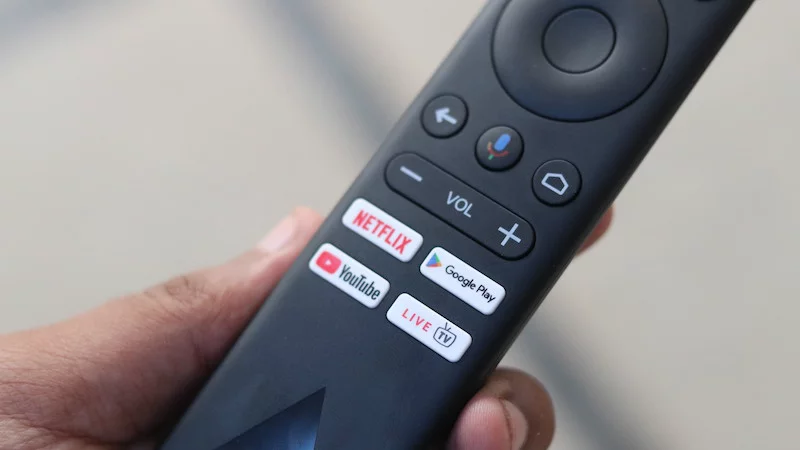On Tuesday, the Bombay High Court heard the petitions filed by the broadcasters and the major group of all broadcasters being represented by the groups. Some of the big names which had approached the Bombay HC in regards to the new Trai DTH rules included the Indian Broadcasting Foundation (IBF), Star India, Viacom18, Sony Pictures Networks India (SPNI) and more. These broadcasters have been against the new amendments made by the Telecom Regulatory Authority of India (Trai) on the Trai tariff regime. To seek some interim relief and to challenge the new amendments legally, the broadcasters had filed petitions in the Bombay HC. The bench of Justice SC Dharmadhikari and Justice RI Chagla heard the petitions from the broadcasters. Although it appears that the broadcasters did not really get clarity on the decision and also there was no interim relief for these companies. However, the HC has asked Trai to submit an affidavit explaining why it has decided to change the existing rules governing the DTH and the broadcasting industry.

Broadcasters Fail to Get Relief from Bombay HC
The broadcasters were seeking interim relief from the Bombay HC regarding the implementation of the new rules for the DTH industry because the new rules ask the broadcasters to comply with these regulations in a very unreasonably short amount of time. The broadcasters have also put forth their thoughts saying that the new changes in the DTH and broadcasting rules also change the way how the broadcasters have been doing business, and it affects them negatively. The companies have also asserted that they were just getting adjusted to the new Trai tariff regime which was rolled out in February 2019 and these new changes are too sudden and are likely to affect the broadcasting and DTH industry negatively.
Broadcasters Losing Revenue With New Tariff Regime
The broadcasters are also of the opinion that they have lost around 50% of their subscribers which they were reaching to, before the rollout of the Trai tariff regime. Hence hinting that the new rules by Trai have been counterproductive for the broadcasters, and have reduced the ad revenue and subscription revenue of these companies. With the rollout of the new amendments, Trai has made it harder for the broadcasters to offer channels to the subscribers in a commercially viable method using the channel bouquets. The channel bouquets can now be only made with channels which are priced Rs 12 or lower as opposed to the Rs 19 cap which was the limit before.
Trai Makes Major Changes in New DTH Rule Amendments
In the new amendments which Trai has described for the DTH and broadcasting industry, there have been very specific restrictions placed on how the channel packs can be formed by the broadcasters. The new rules specify that the broadcasters cannot price a channel more than 1.5 times individually as compared to what it is priced in the channel bouquet. Also, the average price of the channel in a bouquet should not be less than one-third of the individual channel pricing. The allowed cap on pricing for the channels which can be included in channel packs is now down to Rs 12, as opposed to the previous Rs 19 limit.
Some of the changes have been made to the NCF (Network Capacity Fee) rules and Multi TV rules as well. In the case of NCF, Trai has announced that from now on, the subscribers would enjoy 200 SD channels in the base NCF pricing of Rs 130 plus taxes. Also, in case the subscribers want additional channels, in no way, they would have to pay more than Rs 160 per month in NCF charges. Also, the Multi TV charges will be maximum 40% of the NCF being charged for the primary connection.















